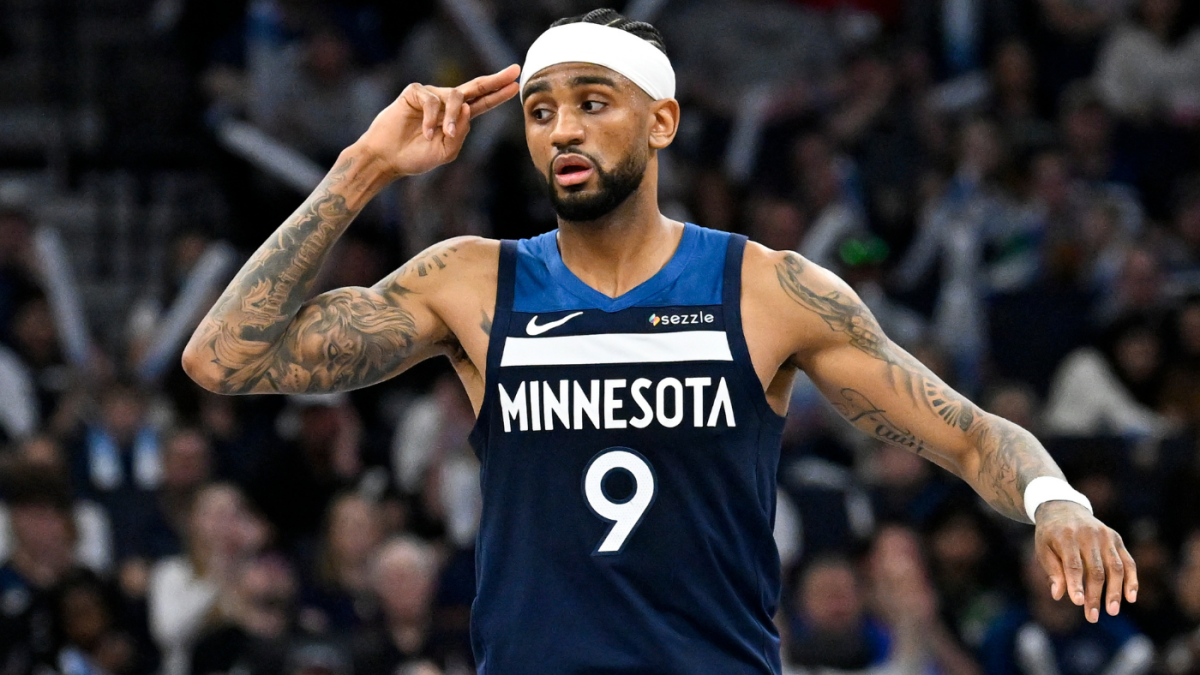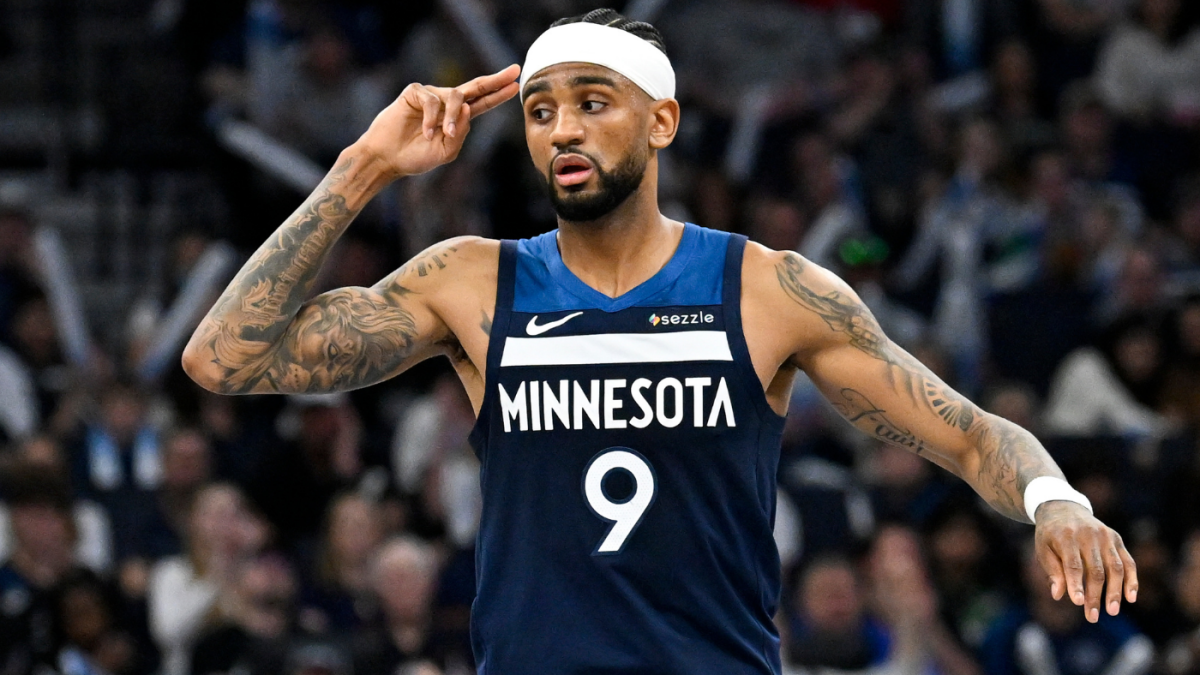The Atlanta Hawks’ acquisition of Nickeil Alexander-Walker in the 2025 NBA free agency period marks a significant strategic move that underscores the franchise’s commitment to building a competitive roster. This acquisition, secured through a sign-and-trade deal with the Minnesota Timberwolves, is a testament to the Hawks’ astute cap management and long-term vision. The four-year, $62 million contract, which includes a player option and a trade kicker, not only reflects the Hawks’ financial acumen but also their strategic foresight in maintaining roster flexibility.
A Strategic Acquisition
Nickeil Alexander-Walker, a 26-year-old versatile guard, brings a unique blend of skills that align perfectly with the Hawks’ needs. His ability to play both as a ball-handler and an off-ball creator makes him a valuable asset. Over the years, Alexander-Walker has shown significant improvement in his three-point shooting, making him a credible perimeter threat. His defensive versatility allows him to guard multiple positions effectively, a crucial aspect for a team like the Hawks that has struggled defensively in past seasons.
The Hawks’ decision to acquire Alexander-Walker is not just about his individual skills but also about the broader implications for the team’s roster dynamics. With Trae Young and Kristaps Porzingis as the core players, the Hawks needed a guard who could provide backcourt depth and relieve pressure from Young. Alexander-Walker’s shooting ability helps space the floor, a critical component in modern NBA offenses. His defensive agility and playmaking skills further enhance the Hawks’ roster versatility, making him a valuable asset during rotations and against diverse opponents.
Financial and Roster Management
The Hawks’ offseason has been characterized by proactive and creative roster management. Beyond the Alexander-Walker acquisition, the Hawks made a marquee trade for Kristaps Porzingis and secured valuable draft assets, including an unprotected 2026 pick from the New Orleans Pelicans. This blend of veteran talent acquisition and asset accumulation indicates a two-pronged strategy: immediate competitiveness and long-term flexibility.
The sign-and-trade for Alexander-Walker exemplifies the Hawks’ precise cap usage. By leveraging trade exceptions, the Hawks were able to absorb Alexander-Walker’s contract without breaching luxury tax thresholds. This savvy financial approach allows the Hawks to maximize roster quality without excessively inflating payroll, maintaining options for midseason trades or future free agency pursuits.
Broader Implications
The Hawks’ acquisition of Alexander-Walker has broader implications for the NBA landscape. It underscores a trend where teams are increasingly employing creative salary cap strategies to navigate the constraints of the salary cap, luxury tax, and the desire to build deeper, more flexible rosters. The Hawks’ successful navigation of trade exceptions and aggressive posture in acquiring key talent sets a model for other franchises balancing flexibility with competitiveness.
For the Hawks, this acquisition solidifies their reputation as a proactive, strategically savvy franchise willing to make bold moves to support their core stars. For the NBA, it exemplifies how mid-level star players are becoming pivotal in shaping team fortunes through well-structured contracts and sign-and-trade mechanics.
Potential Challenges
While the acquisition of Alexander-Walker is promising, it is not without its uncertainties. Alexander-Walker has shown flashes of high performance but has yet to consistently headline a team’s backcourt. Integrating into a team centered heavily around Trae Young’s playstyle may require adjustment, both on Alexander-Walker’s part and from the coaching staff. The four-year, $62 million commitment is substantial, reflecting confidence but also tying up significant cap space that could affect future maneuvers. Potential injuries or dips in form could impact the Hawks’ overall plans.
Conclusion
The Atlanta Hawks’ acquisition of Nickeil Alexander-Walker is a calculated leap toward competitiveness. By securing a dynamic and versatile guard on a tailored contract, the Hawks are bolstering their backcourt depth and adding a valuable piece to the puzzle that is their competitive future. This move signals more than just a simple signing; it marks a decisive step in Atlanta’s strategic recalibration for sustained contention in a fiercely competitive NBA landscape.
With an eye on both short-term impact and long-term sustainability, the Hawks are crafting a team architecture that balances star power with complementary skill sets. The success of this approach will depend on how well Alexander-Walker integrates, the Hawks’ ongoing roster management, and the broader dynamics of emerging talent and veteran acquisition across the league. As the NBA free agency 2025 period unfolds, the Hawks’ strategic maneuvers will be closely watched, setting a precedent for other franchises aiming to strike a balance between immediate success and long-term flexibility.












